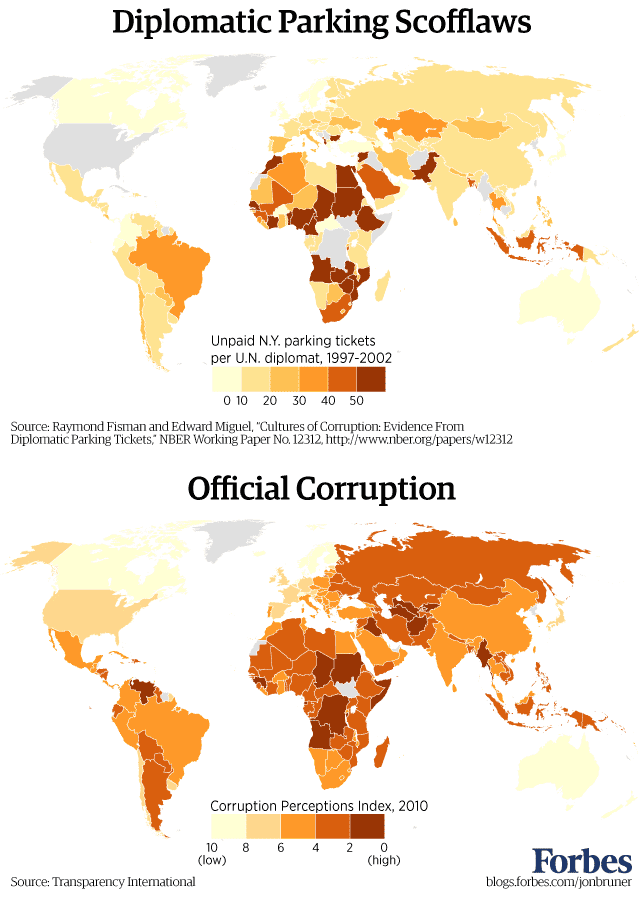Raising the rhetorical stake yet again, Argentina has taken their complaint to the United Nations:
Argentina has accused Britain of deploying nuclear weapons near the Falkland Islands and “militarising” the south Atlantic.
The Argentinian foreign minister, Héctor Timerman, lodged a formal protest at the United Nations on Friday and showed slides of British military bases in the region, saying they represented a threat to all south America.
He said Buenos Aires had intelligence that a Vanguard submarine was operating in the area. “Thus far the UK refuses to say whether it is true or not,” he told a press conference in New York. “Are there nuclear weapons or are there not? The information Argentina has is that there are these nuclear weapons.” Quoting John Lennon, he added: “Give peace a chance.”
Britain’s ambassador to the UN, Mark Lyall Grant, said London did not comment on the disposition of nuclear weapons or submarines but that it was “manifestly absurd” to say it was militarising the region. Britain’s defence posture remained unchanged, he said.
There was a report in the press that the Royal Navy had sent a nuclear powered submarine to the south Atlantic, but that it was conventionally armed. No nuclear power is in the habit of detailing where their nuclear weapons are deployed, so don’t expect Britain to break ranks with the others.
Also in the Guardian, Marina Hyde characterizes the decision to send a member of the royal family to the Falklands is the wrong kind of gesture:
The technical military term for the decision to deploy the second in line to the throne to the Falkland Islands is William-waving. If dispatching a fancy new warship to the archipelago on the eve of the 30th anniversary of the conflict with Argentina sends a message, then dispatching Prince William makes a hand gesture.
Of course, the Duke of Cambridge is not in the South Atlantic in his capacity as the male lead from the latest, successful instalment of the hit-and-miss Windsor Wedding franchise. His other day job is as an RAF search and rescue pilot, which is genuinely commendable — but need he really have been sent to the Falklands this week in a posting described by William Hague as “entirely routine”? If the foreign secretary truly wishes to claim that the deployment of Prince William is a business as perfunctory as deciding whether to serve tea or coffee at a meeting, then that is a matter for him. But many of us will find our disbelief simply impossible to suspend in this case, and will nurse a deep suspicion that such things are discussed at prime ministerial level.




